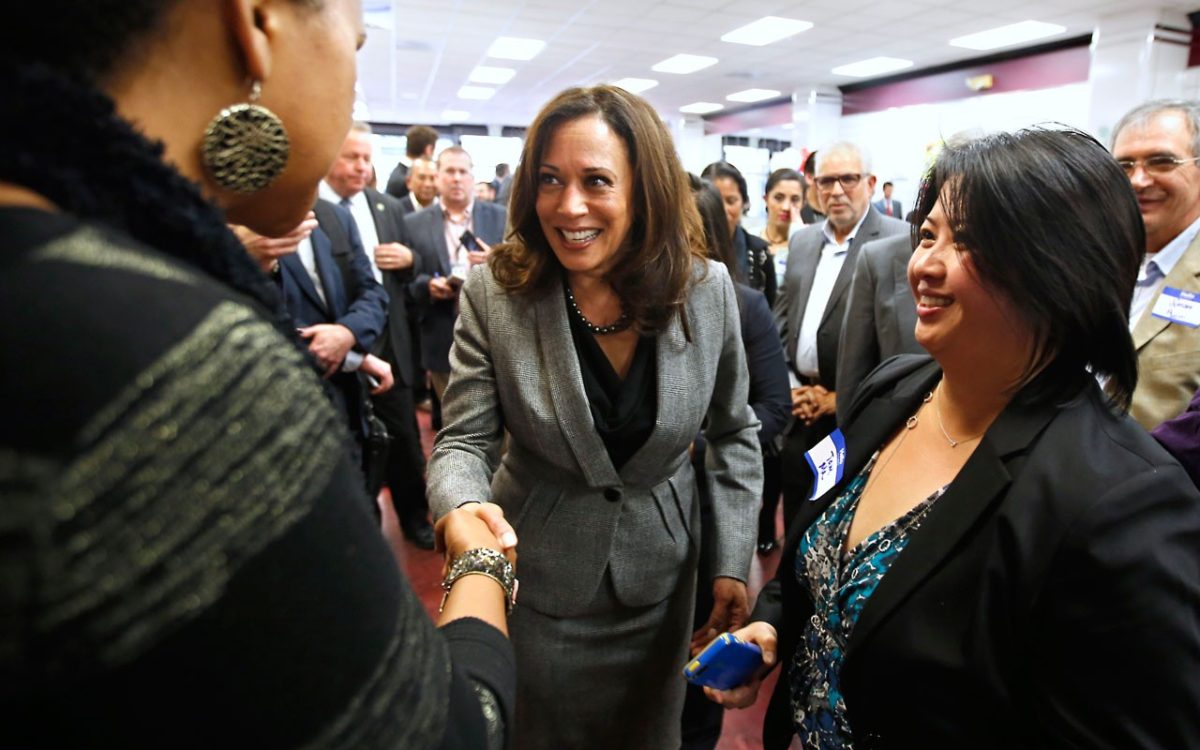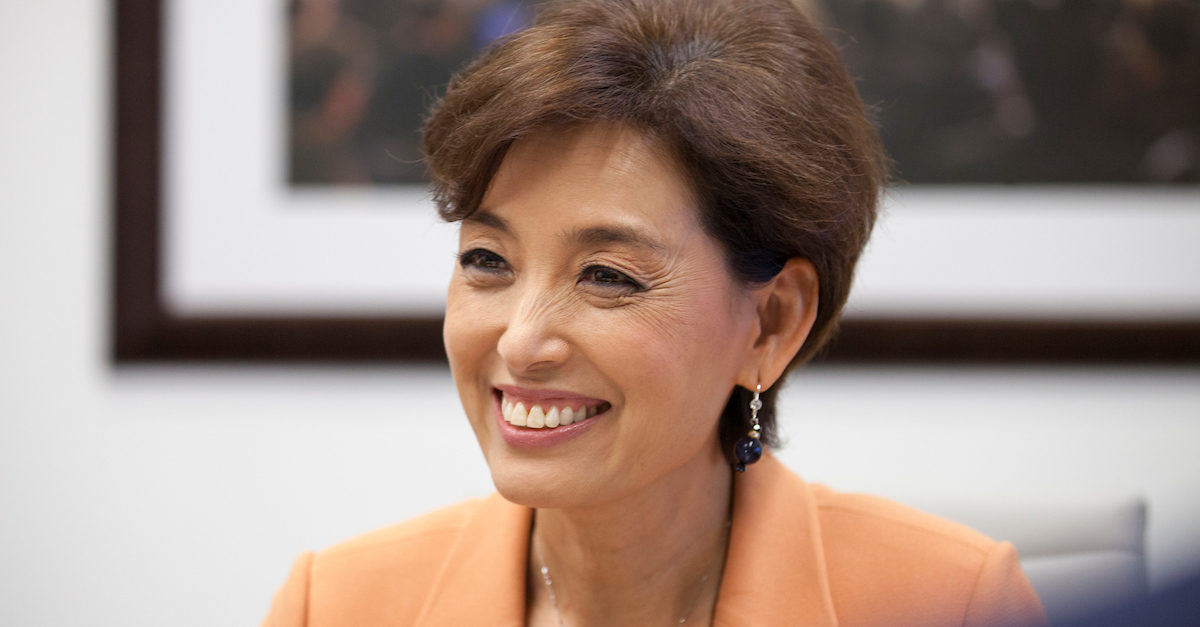Sen. Kamala Harris is First Black Woman and First Asian American Vice Presidential Nominee on A Major Party Ticket
Ending months of speculation, presumptive Democratic presidential nominee Senator Joe Biden announced today that he has selected California Senator Kamala…

